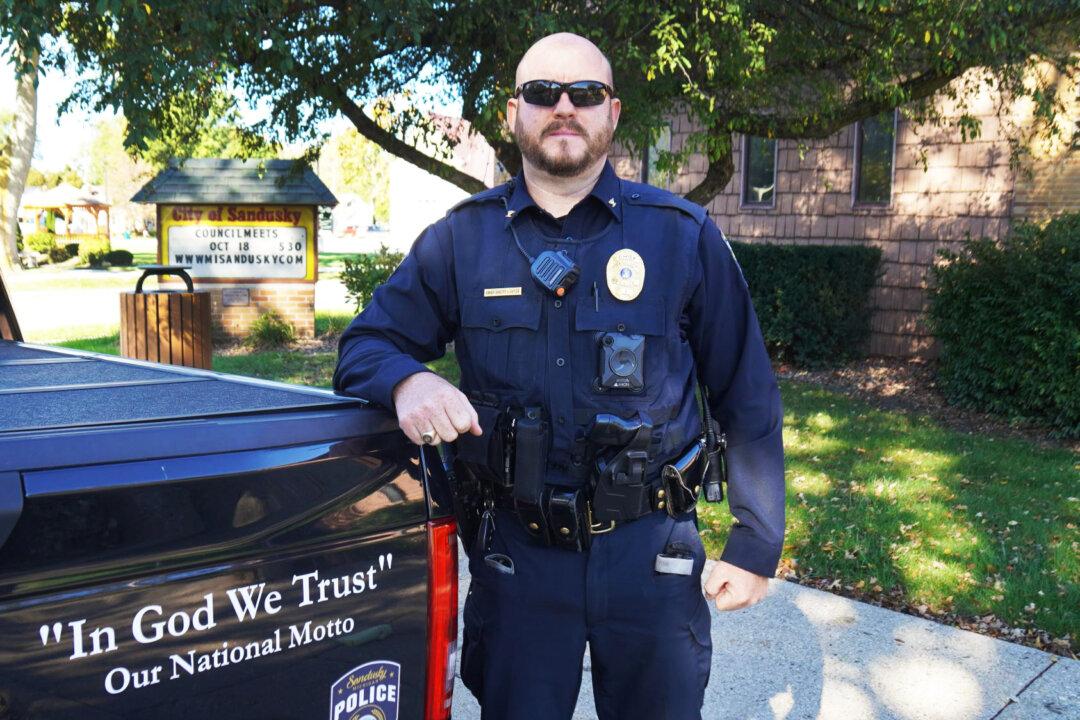“An endless parade of death” is how a drug addict, trying to beat his crack dependence, describes what he has witnessed over the past 18 months.
Steven Sheldon, 42, of Port Huron, Michigan, says he knows of 40 people who have died after overdosing on drugs in that time.





